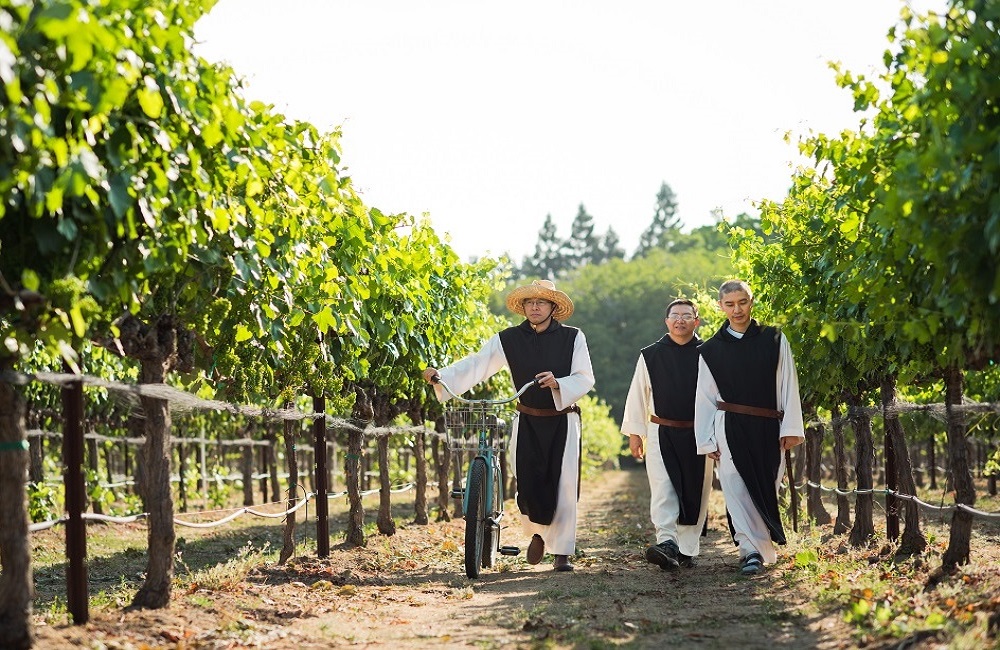Fr. Paul Mark on the meaning of Spring: “Growing up on a farm in North Dakota, the arrival of spring was a joyous time after the long, bitter winters of the northern plains. But it also meant WORK! Spring’s work it was called, and it meant we headed out to the fields with the tractor and cultivator to break up the ground to ready the fields for the planting of various cereal grains. There was an intensity to our work since there was little time to spare to seed the crops due to the short growing season when the majority of the year’s precipitation fell. Mind you that this was dry land farming, no irrigation was used.
Spring’s work generally meant working into the evening and for me at least, being excused from school in early afternoon to assist my father in the field work. Thankfully a crop always came forth, a harvest followed, and then fall’s work commenced to ready things for the following spring.
The rhythm of the seasons, the rotation and shifting of the earth on its axis, the gradual increase of light and warmth or its opposite have always reminded me that we human beings, no matter how advanced our technology remain very much a part of the earth’s cycles. We can be grateful for technology and need not fear to make a proper use of it but to remain in touch with our earth, keeping our feet literally on the ground, is essential as human beings. In Latin the word for earth or ground is humus. It is used in English in the words human and humility.
To be human is to be “earthy”. And humility is the practice of earthiness, a reference to the fact that our human bodies are made up of earthy elements and that our corporeal remains return to earth. To be humble, then, is part of our earthy makeup, who we are.”
#Spring #Farmwork #NorthDakota #humility #planting #trappist #monks #NewClairvaux


